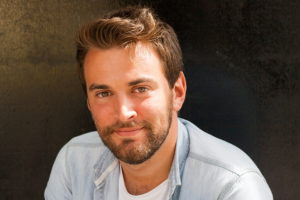 Jonny Benjamin became a social media phenomenon while searching for the stranger who talked him out of a suicide attempt on Waterloo Bridge. The #FindMike campaign was seen by more than 300 million people and succeeded in reuniting Jonny with Neil Laybourn, the man who saved his life.
Jonny Benjamin became a social media phenomenon while searching for the stranger who talked him out of a suicide attempt on Waterloo Bridge. The #FindMike campaign was seen by more than 300 million people and succeeded in reuniting Jonny with Neil Laybourn, the man who saved his life.
Jonny now speaks publicly about living with mental illness and has written articles and given various interviews on TV, radio and in print around the world to help educate and break stigma.
“I first heard about the Hoffman Process during a self-development course at the What If Academy, run by Hoffman graduate Sarah Parry. Several years earlier, at the age of 20, I had been diagnosed with schizoaffective disorder; a subsequent suicide attempt, sectioning and hospitalisation changed the course of my life forever.
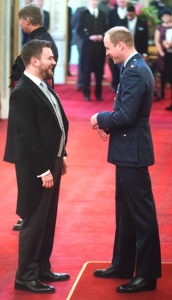 When I came to the What If Academy, my self-esteem was totally crushed. While I was on the course, Sarah said something about her own self-worth that deeply resonated with me, ‘I couldn’t bear it when people would call my name. I used to cringe whenever someone said “Sarah Parry”. But then I did The Hoffman Process. It healed this.’
When I came to the What If Academy, my self-esteem was totally crushed. While I was on the course, Sarah said something about her own self-worth that deeply resonated with me, ‘I couldn’t bear it when people would call my name. I used to cringe whenever someone said “Sarah Parry”. But then I did The Hoffman Process. It healed this.’
I was really moved by Sarah’s words. I felt exactly the same whenever someone said my own name. Naturally I was extremely intrigued by the Hoffman Process, but being unwell throughout my twenties meant I never had a stable career, and as a result I couldn’t afford to do the Process. When Sarah heard this, she connected me to Hoffman Managing Director Serena Gordon, who generously offered me a bursary towards a place on the Hoffman course.
At first I felt reluctant. ‘Surely there are other people more deserving of this than me?’ was my initial thought. But to be frank, I desperately wanted to undertake the Process. I had completed the What If Academy course and soon after the Landmark Forum. Both had proved useful, especially the former, and I was eager for more. I accepted the bursary with a grateful heart, and began the Process in the spring of 2016. Before I left for it, my psychiatrist warned me that Hoffman could be overwhelming for people who weren’t in a robust place mentally. While this made me a little nervous of the impact on my own mental health, I assured her I would be OK and felt strong enough to walk away should I need to. Thankfully, the Process only led to enhancing my mental health.
Inevitably the course was challenging in places, but more than anything I remember the overwhelming feeling of liberation I felt throughout the week. It was a sense that I had missed for so long. My twenties had seemed like a lifetime of being sick, both mentally and physically (I was diagnosed with IBS at 24). Finally I encountered self-acceptance, self-forgiveness and – perhaps most importantly of all for me – self-compassion. One particular moment I remember vividly on the Process was during day five. I was in the bathroom and looked into the mirror while smiling to myself. ‘I love you Jonny Benjamin,’ I said to my reflection. For years, a variety of therapists had been telling me I needed to stop beating myself up and be kinder. But that was always as far as it went. When I did the Hoffman Process, it was almost like I found the key to a treasure trove contained and hidden within me. A trove of love, peace and new hope.
Experiencing this would not have been possible without our three teachers, Eliza, Janet and Sam. Upon meeting all three they almost felt super-human, and I was often in awe of them. I have Janet in particular to thank for helping me realise my self-worth. My gratitude toward them, the rest of the team at Florence House, where I did the Process, and the other individuals on my course, knows no bounds.The vulnerability, honesty and openness of everyone will always stay with me. The connection we had then and since has been extraordinary.
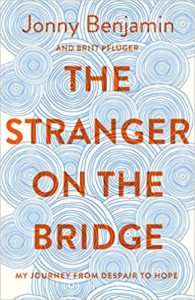 Equally extraordinary was my first day after leaving the Process. I spent a warm, beautiful day by myself on the beach in Eastbourne. My inner harmony makes me smile still as I write this today. I even danced in the English Channel! For the first time in my life, I simply didn’t care what anyone who was watching me thought.
Equally extraordinary was my first day after leaving the Process. I spent a warm, beautiful day by myself on the beach in Eastbourne. My inner harmony makes me smile still as I write this today. I even danced in the English Channel! For the first time in my life, I simply didn’t care what anyone who was watching me thought.
I wish I could say that I’ve sustained such peace of mind, but of course I’m human and my mental health still suffers at times. But when it does, unlike the past, my recovery is swift. And synchronicity is at work too. As I switched on my phone after leaving the Process, I received an email from book publisher Pan Macmillan asking to meet me. I knew great things often happened after people graduated, but this was too surreal! Just a few weeks later I had signed a contract with them to publish two books in 2018 and 19. In May, my first book will be published – an achievement I’m not sure would have been possible had I not done the Hoffman Process. It changed my life greatly, and now I’m hoping it will change many others’ who read it for the better too.
Thanks to an unwavering passion, determination and self-conviction born from my week in Florence House, life is very different for me today. In the two years since I graduated from the Hoffman Process, I was awarded an MBE, I completed a marathon, travelled extensively, and am now working full time. I’m probably most proud of a mental health education programme I developed in secondary schools across the UK called ThinkWell. In 2018 we are planning to launch a programme for primary schools, as well as for parents and teachers. If someone had told me I could have achieved all of this before I did the Hoffman Process, I simply wouldn’t have believed them.”
For more about Jonny’s experiences visit his website: http://jonnybenjamin.co.uk
To order your copy of Jonny’s book, The Stranger on the Bridge, click here.
Thank you to Jonny for sharing his story. As Jonny’s psychiatrist mentions in the article, we recommend that you’ll get the maximum benefit from your time on the Hoffman Process when you’re feeling mentally and emotionally robust. If you’re currently battling with an acute mental illness or are unsure whether you’re feeling emotionally strong enough to do the Process at this time, please do call the office for a confidential chat with one of our enrolment team before booking a place. If the timing isn’t great for you at the moment, they may be able to direct you to alternative pre-Process support or suggest a therapist in your area. The Hoffman Process isn’t therapy, it’s personal development – so the more empowered you feel before you begin your Hoffman journey, the more you’ll gain from it in the long run.

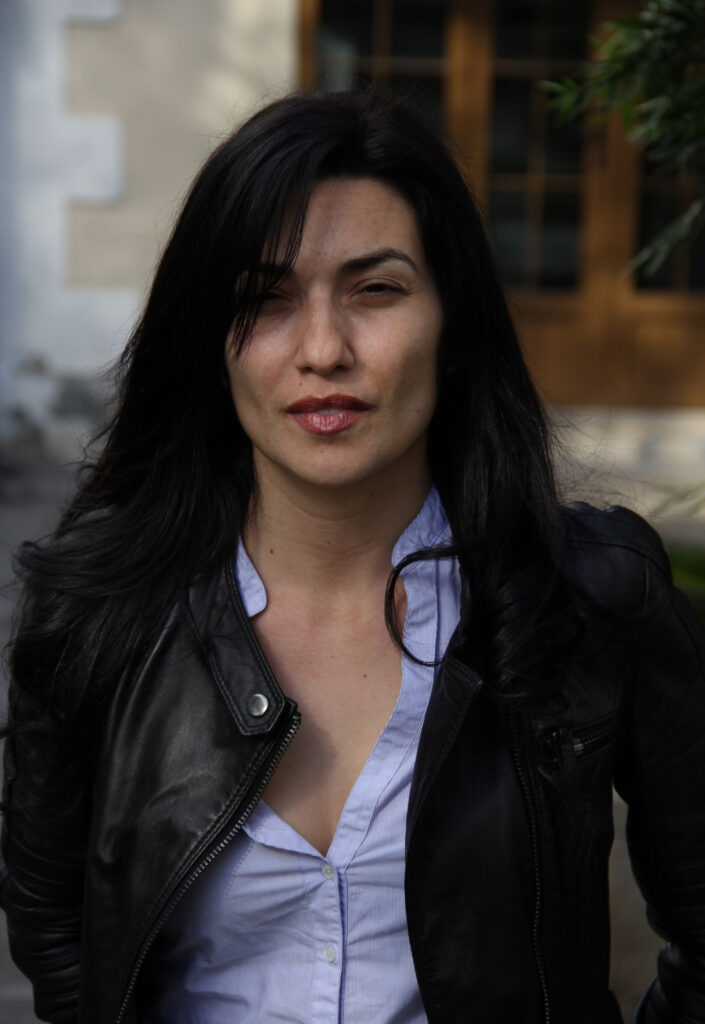

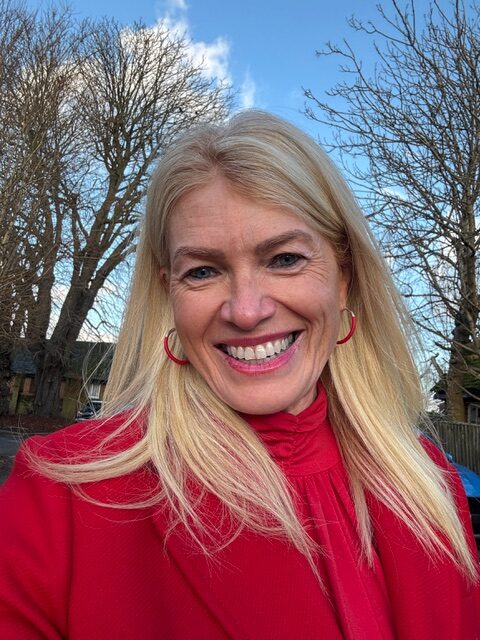
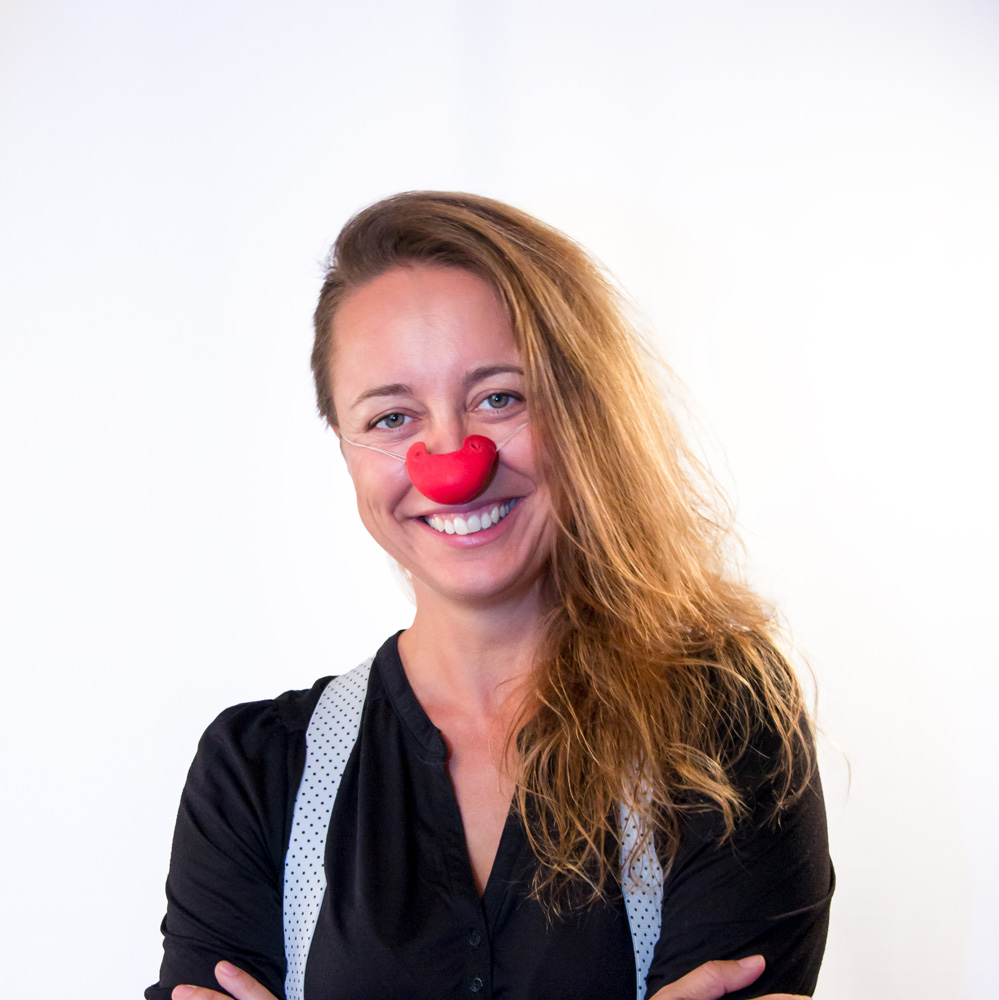
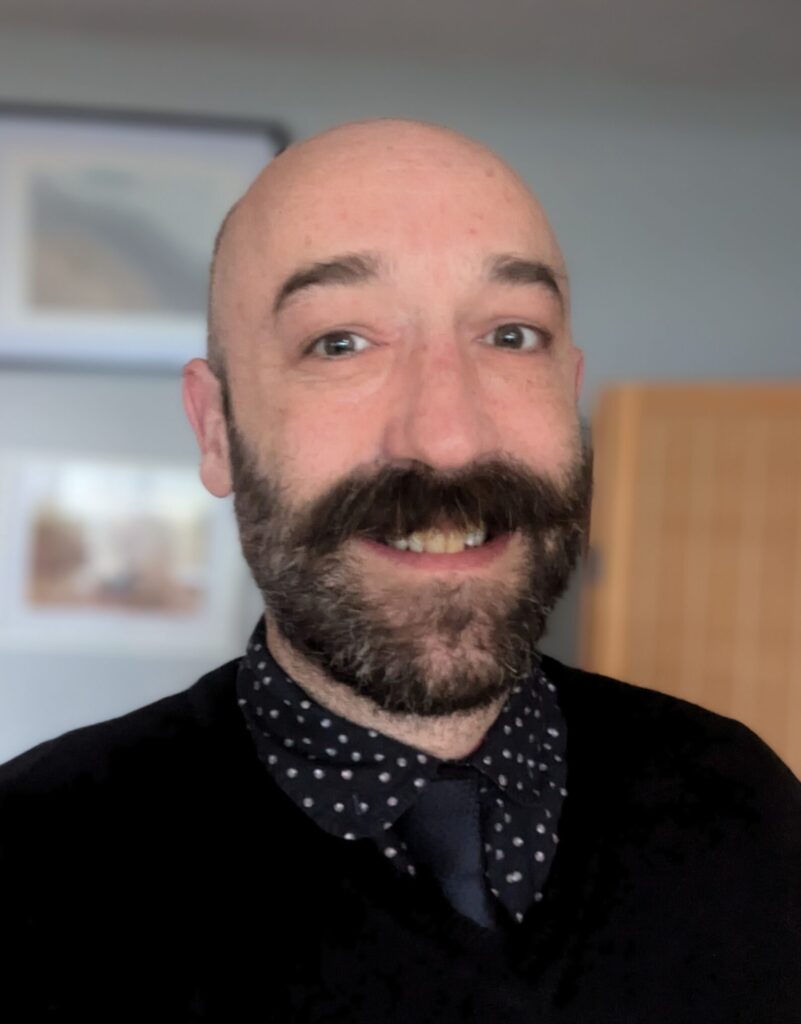
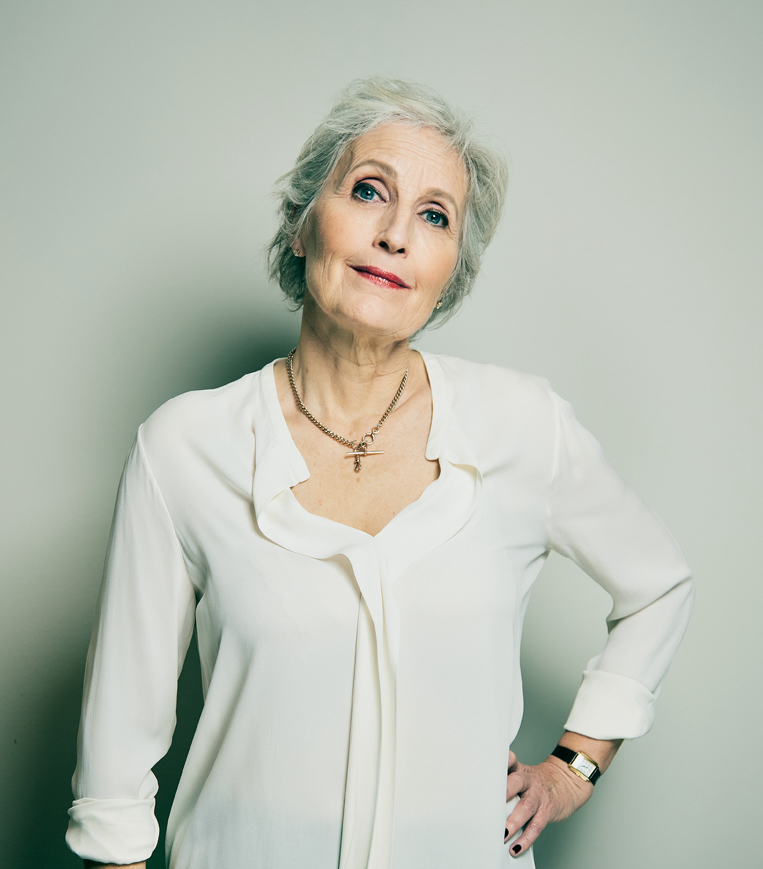
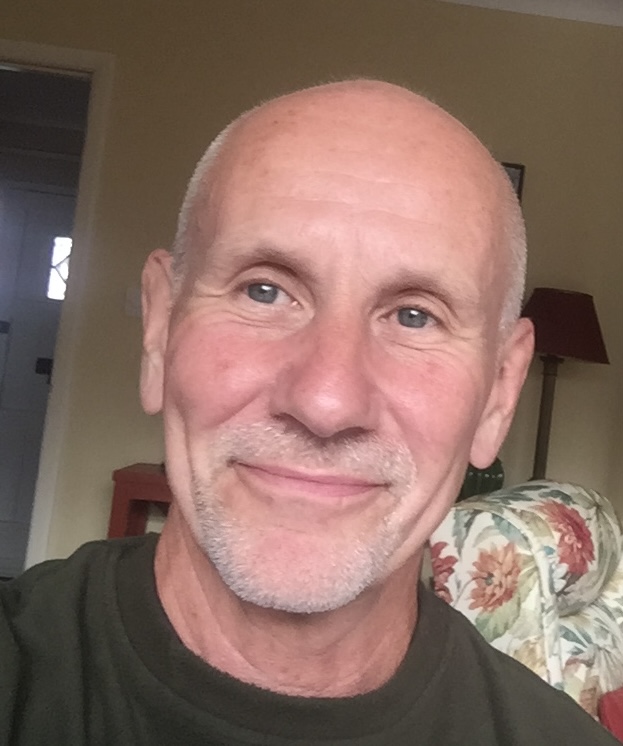


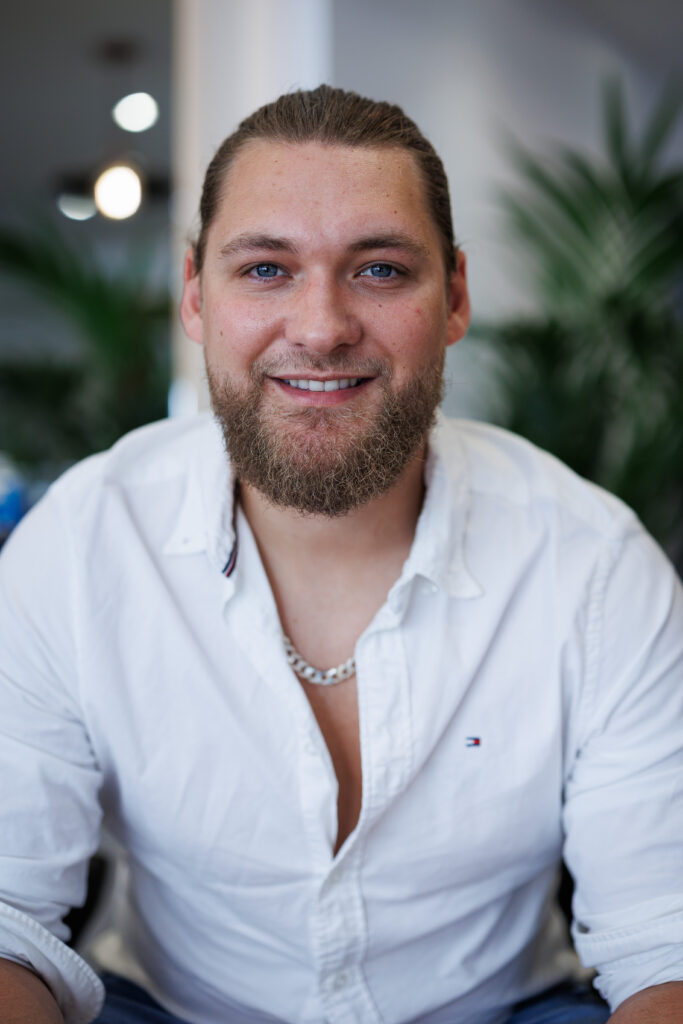

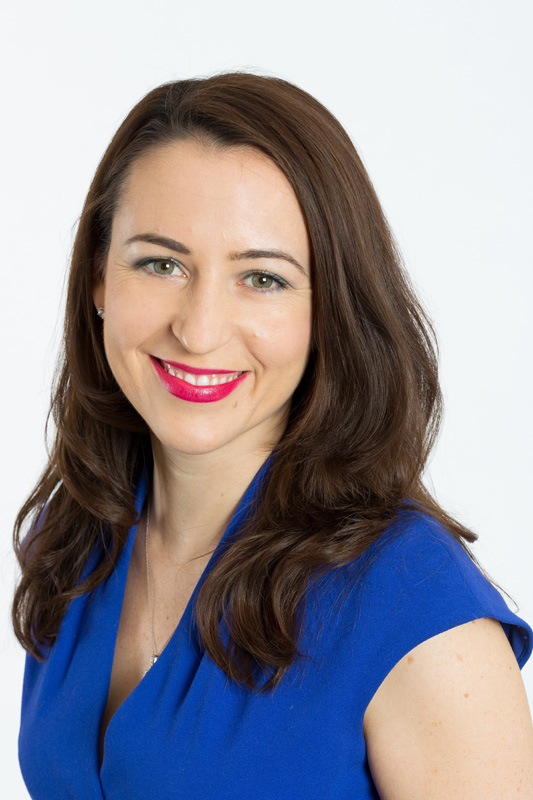



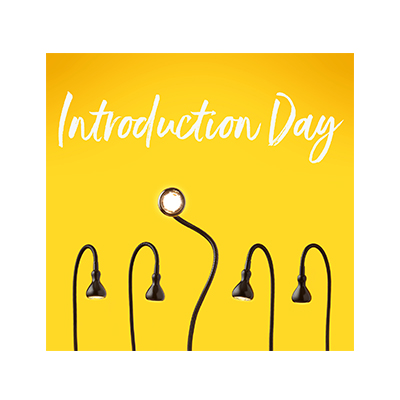

 Sign up to receive monthly newsletters from Hoffman
Sign up to receive monthly newsletters from Hoffman